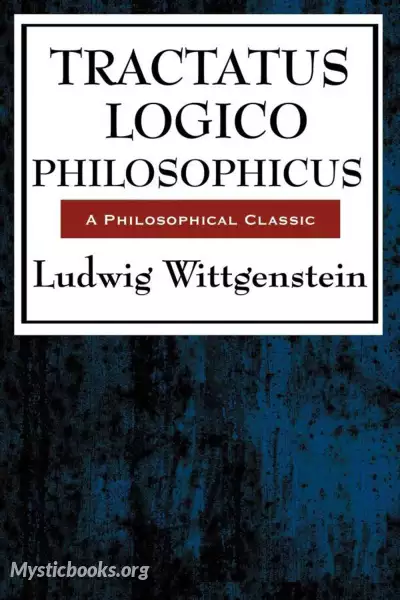
Tractatus Logico-Philosophicus
'Tractatus Logico-Philosophicus' Summary
The Tractatus Logico-Philosophicus is the only book-length philosophical work by the Austrian philosopher Ludwig Wittgenstein which was published during his lifetime. The project had a broad goal: to identify the relationship between language and reality and to define the limits of science. The work was originally published in German in 1921 as Logisch-Philosophische Abhandlung . In 1922 it was published together with an English translation; the English text and that book bear the Latin title, which was suggested by G. E. Moore as homage to Baruch Spinoza's Tractatus Theologico-Politicus (1670).
Wittgenstein wrote the notes for the Tractatus while he was a soldier during World War I and completed it during a military leave in the summer of 1918.
The Tractatus is recognized by philosophers as a significant philosophical work of the twentieth century and was influential chiefly amongst the logical positivist philosophers of the Vienna Circle, such as Rudolf Carnap and Friedrich Waismann. Bertrand Russell's article "The Philosophy of Logical Atomism" is presented as a working out of ideas that he had learned from Wittgenstein.
Wittgenstein's later works, notably the posthumously published Philosophical Investigations, criticised many of his earlier ideas in the Tractatus.
Book Details
Language
EnglishOriginal Language
GermanPublished In
1921Genre/Category
Tags/Keywords
Authors
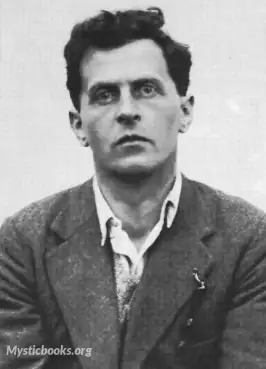
Ludwig Wittgenstein
Austrian
Ludwig Josef Johann Wittgenstein was an Austrian-British philosopher who worked primarily in logic, the philosophy of mathematics, the philosophy of mind, and the philosophy of language. He is conside...
Books by Ludwig WittgensteinListen/Download Audiobook
Related books

Good Sense by Paul Henri Thiry (Baron d'Holbach)
"Good Sense" is a thought-provoking and insightful book written by Paul Eldridge. Published in the early 20th century, this classic work explores the...

A Woman and the War by Frances Evelyn (Daisy) Greville
It is not without serious reflection that I have collected these thoughts in war time to offer in book form to those who may care to read and ponder t...

Marjorie Dean, High School Junior by Jessie Graham Flower
In her Junior year at high school, Marjorie faces a new foe. Rowena Farnham is clever and calculating and her antics threaten Sanford High's beloved b...
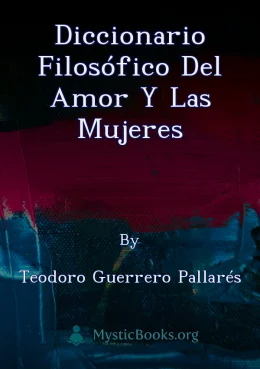
Diccionario Filosófico del Amor y las Mujeres by Teodoro Guerrero Pallarés
This book, written in Spanish, aims to provide men with a deeper understanding of women. It presents philosophical concepts and insights on love, rela...
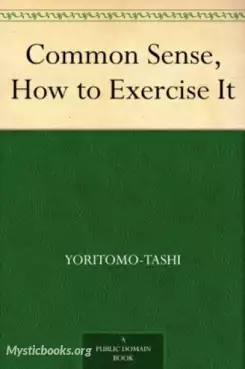
Common Sense, How to Exercise It by Yoritomo Tashi
One of three seminal philosophical works by the twelfth century Japanese Shogun, Yoritomo-Tashi. (From the Preface) He knows how to clothe his teachin...
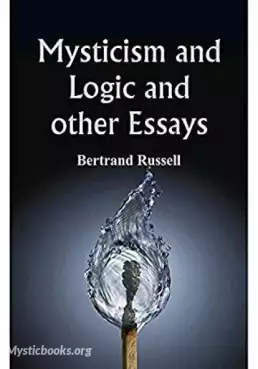
Mysticism and Logic and Other Essays by Bertrand Russell
This anthology collects a number of fascinating strands of Bertrand Russell's thought. "Mathematics and the Metaphysicians" details the impact of the...

Mental Efficiency – Mental Exercises by Arnold Bennett
Mental Efficiency , a light hearted yet thought-provoking collection of articles, Bennett offers his thoughts on exercising the mind, organising your...
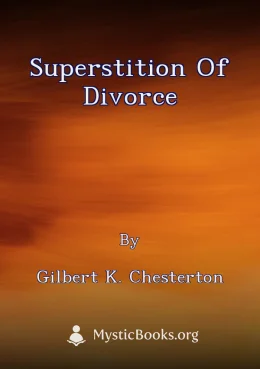
Superstition of Divorce by Gilbert K. Chesterton
In 'Superstition of Divorce,' G.K. Chesterton delves into the societal and moral implications of divorce, arguing against its increasing acceptance in...

The Art of War by Sun Tzu 孙武
The Art of War presents a philosophy of war for managing conflicts and winning battles. It is accepted as a masterpiece on strategy and is frequently...
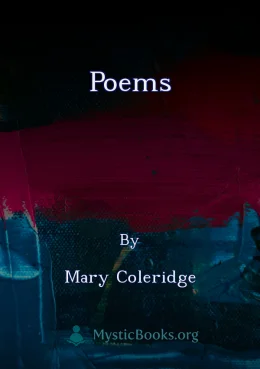
Poems by Mary Coleridge
This posthumous collection of poems by Mary Coleridge showcases her diverse poetic talents. Her verses range from meditative and introspective to joyo...
Reviews for Tractatus Logico-Philosophicus
No reviews posted or approved, yet...